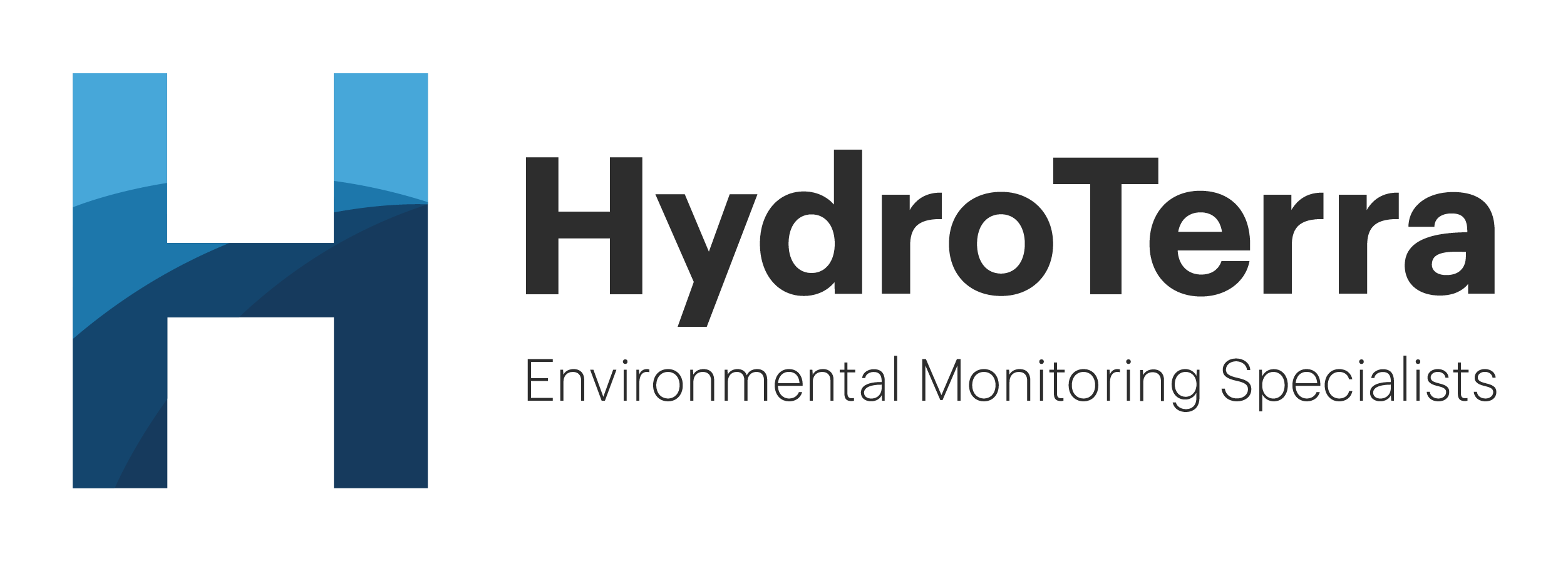A hobby project that grew legs – the role of groundwater in carbon fluxes
Presented by: Associate Professor Martin Anderson
Produced by: IAH NSW
Date: Tuesday 09 December 2025
Time: 17:30 for an 18:00 start
Where: WSP Office – Level 27
Online: Team Link
Abstract
Terrestrial and wetland carbon budgets often ignore or assume that carbon fluxes from groundwater are negligible. Most studies that do consider groundwater fluxes exclusively considers the flux of carbon dioxide (CO2) and ignore other sources such as methane (CH4) or dissolved organic carbon (DOC). This talk will present some examples showing that we need to consider groundwater carbon fluxes, biogeochemical processes as well as carbon speciation for a comprehensive understanding and quantification of carbon fluxes in relation to land and water management, especially for situations where carbon credits are considered.
Bio
Martin has a MSc in Environmental Engineering and a PhD in Hydrogeochemistry. He has been at WRL since 2006 and is a former Director of the UNSW Connected Waters Initiative (CWI) and former Director of the NCRIS Groundwater Infrastructure project. Martin’s research interest is groundwater processes with practical applications for water resources management and water quality problems. He has led large research projects funded by the ARC, state and federal governments and the Cotton Catchment Communities CRC, investigating groundwater processes with specific emphasis on groundwater recharge and surface water-groundwater interactions with implications for water resources, water quality and ecology. A significant part of his research is field oriented, giving Martin extensive experience in various field methods. Since coming to Australia, part of his research has focused on groundwater processes in the MDB as well as in coastal aquifers. As part of his research Martin has spent nearly a decade data collecting and managing NCRIS groundwater infrastructure sites in the Namoi and Macquarie river valleys and is now managing a Critical Zone Observatory at Wellington (NSW). Since 2017 Martin has worked with the indigenous Dharriwaa Elders Group in Walgett (NSW) by training their River Rangers and helping the community identify and solve water resource and water quality issues. He has also worked on groundwater resource issues for Indian Ocean, Pacific islands and Timor Leste with an emphasis on saltwater intrusion and climate change impacts. Martin is currently teaching undergrad and postgrad courses at UNSW in groundwater hydrology, groundwater investigation techniques, groundwater geochemistry and aquatic chemistry.
























